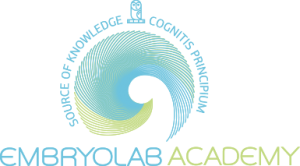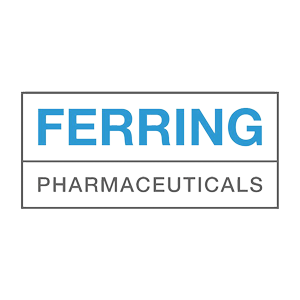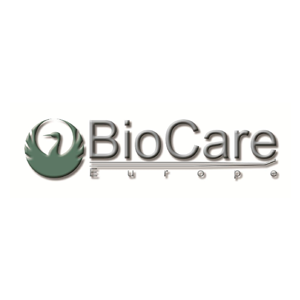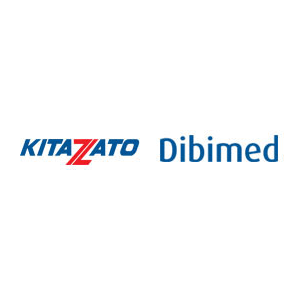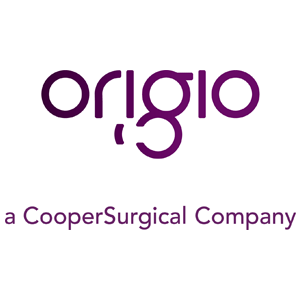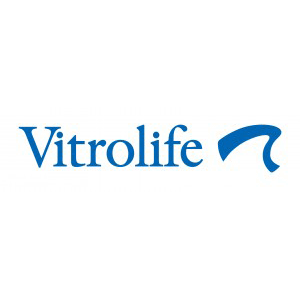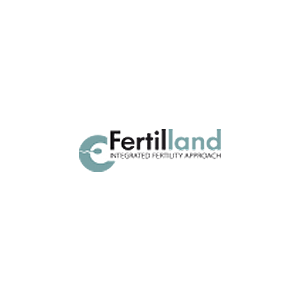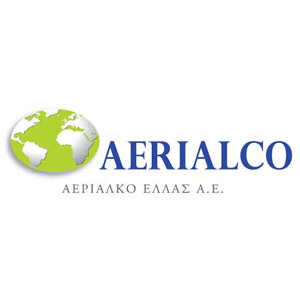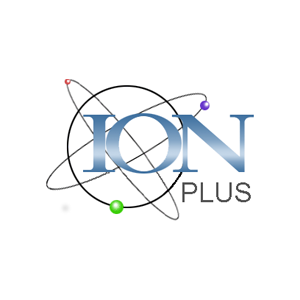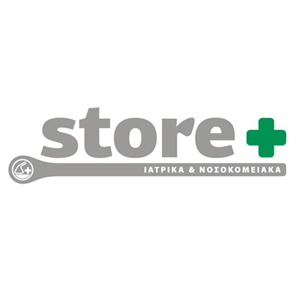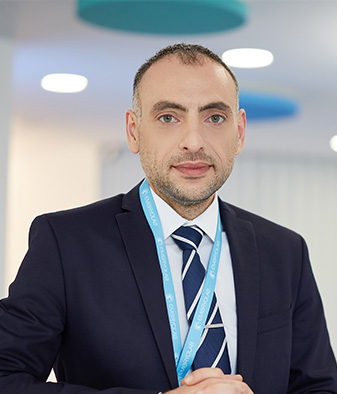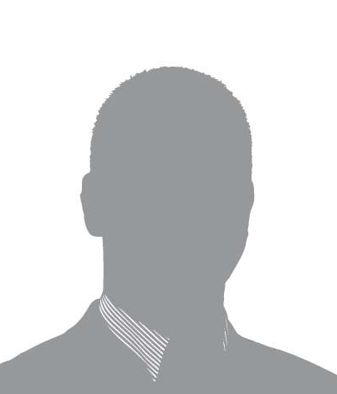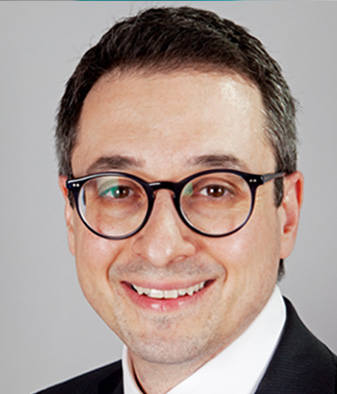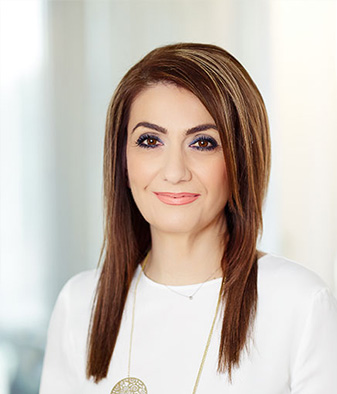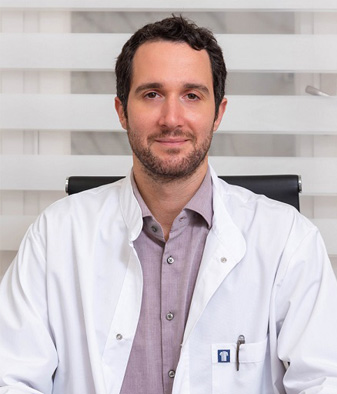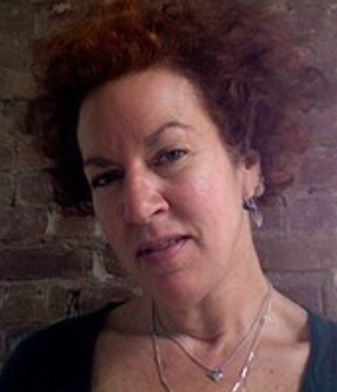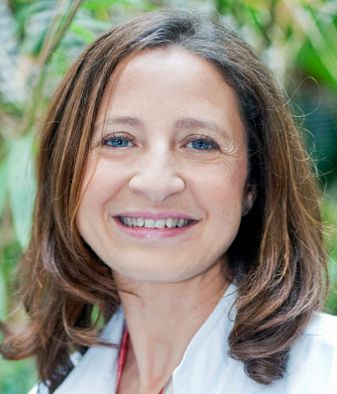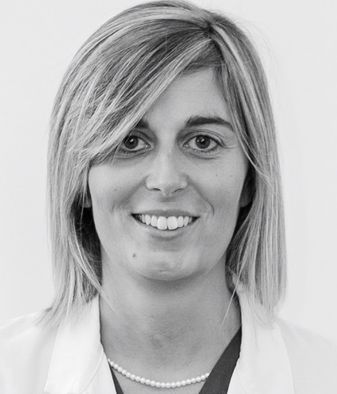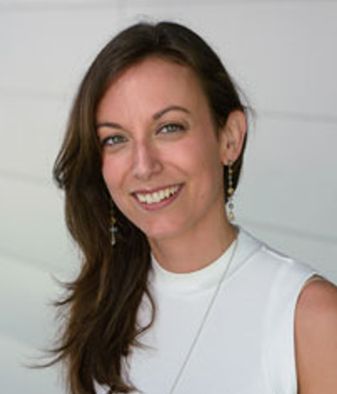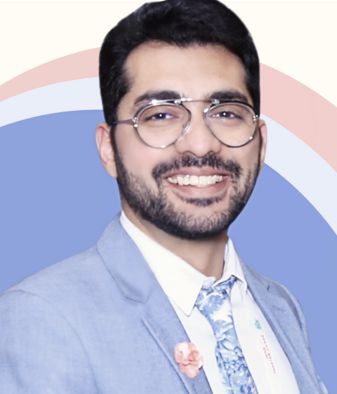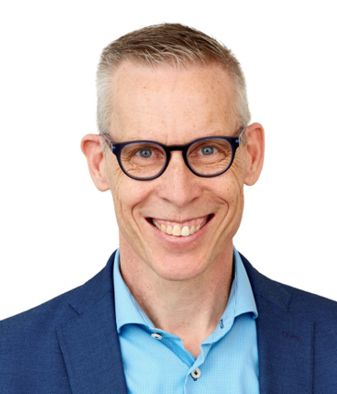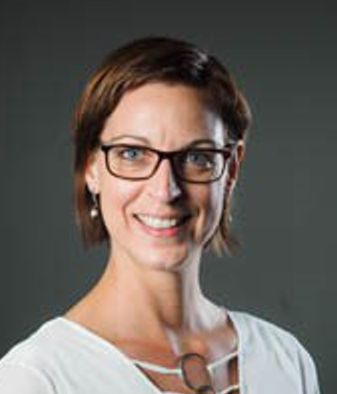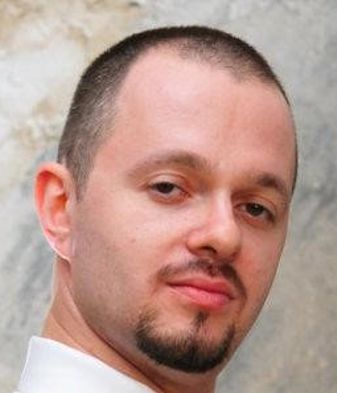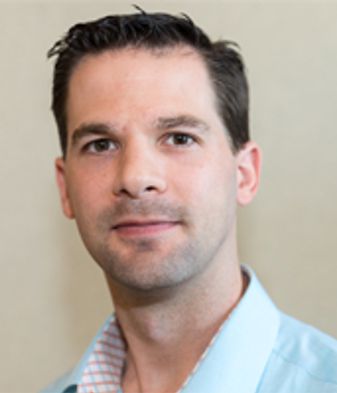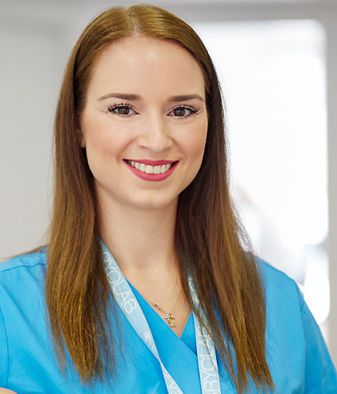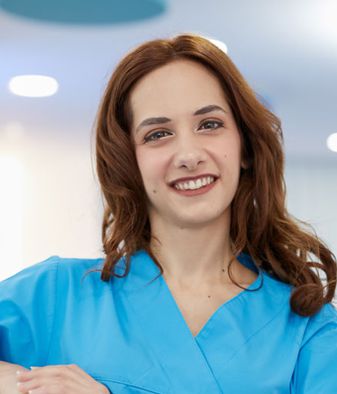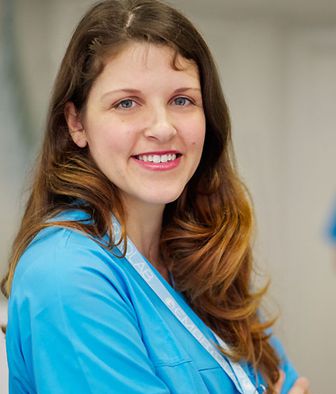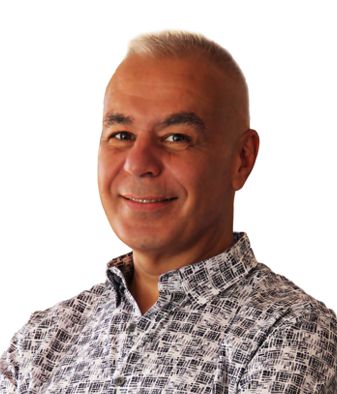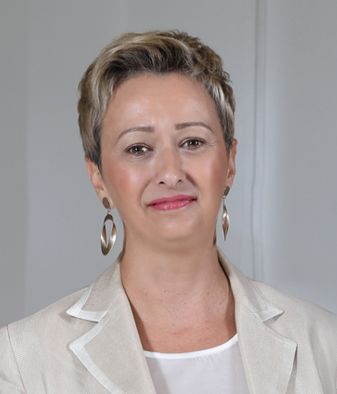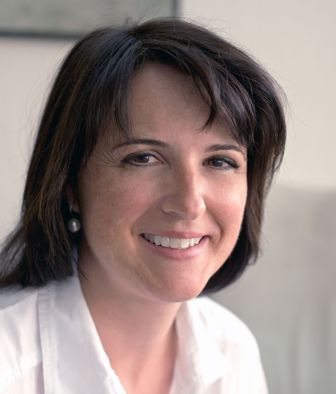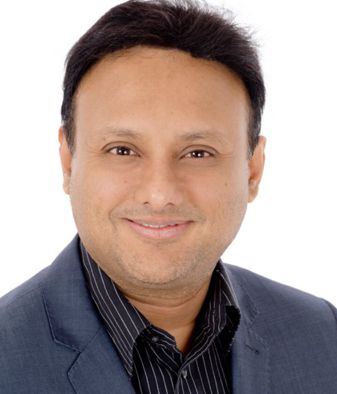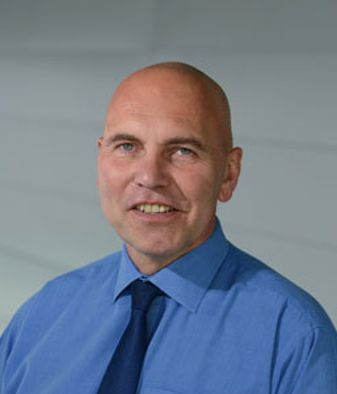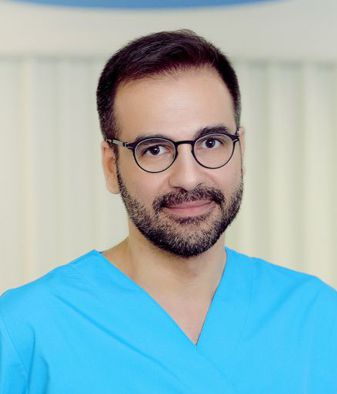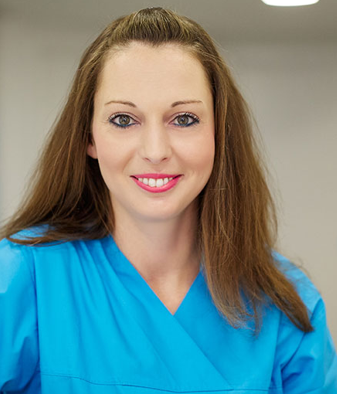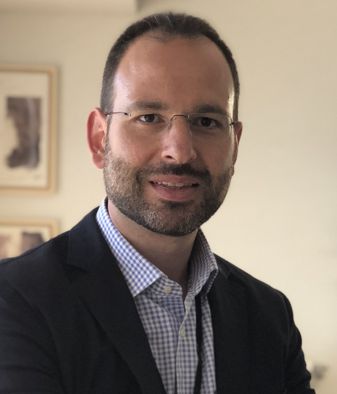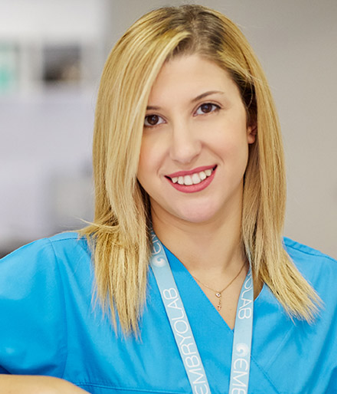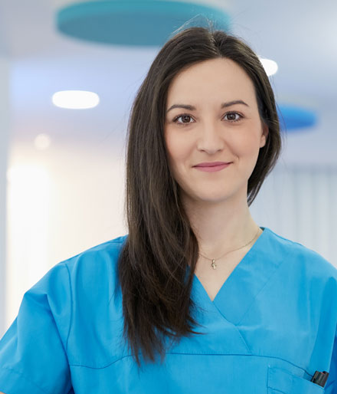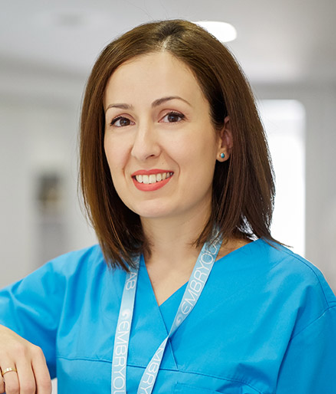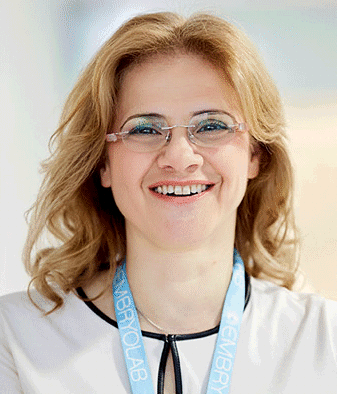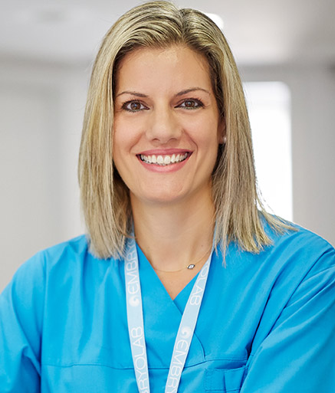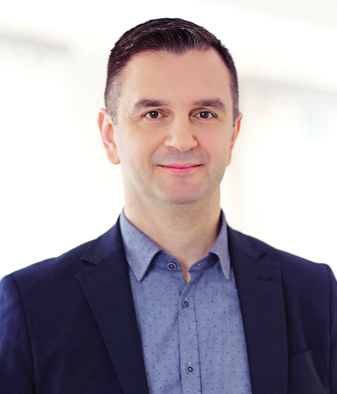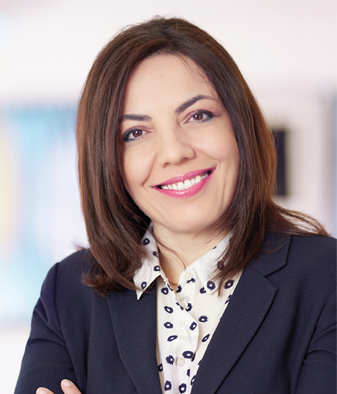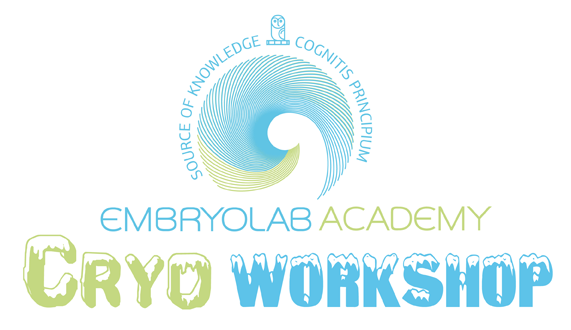
Workshop
Cryopreservation of gametes, embryos, blastocysts and reproductive tissues:
daily practice in your lab and clinic
Theoretical sessions: 17 & 18 September 2015
Hands-on session: 19 September 2015
Embryolab Academy, Thessaloniki, Greece
Embryolab Academy is pleased to announce a new and exciting Cryo Workshop with optional Hands-on Workshop on ‘Cryopreservation of gametes, embryos, blastocysts and reproductive tissues: daily practice in your lab and clinic’ from 17 till 19 September 2015 in Thessaloniki, Greece.
This new Embryolab Academy Cryo Workshop is designed for reproductive scientists, embryologists, clinicians as well as ART Unit managers who desire to improve their knowledge and understanding of all the recent advances in cryopreservation of gametes, embryos, blastocysts and reproductive tissues. The faculty consists of top experts in the field.
The two-day Cryo Theoretical Workshop (17 &18.09) of Embryolab Academy will give an overview of recent advances in cryopreservation of gametes, embryos, blastocysts and reproductive tissues. In the break-out ‘Brains-on’ sessions’, delegates are invited to present a specific problem/trouble/issue they have encountered with cryopreservation in their clinic or laboratory. Collectively, the expert team and the participants will investigate the issue presented and will design a route for solving and preventing this (or other) in the future.
In the Cryo Hands-on Workshop (19.09) delegates can train in different cryopreservation techniques by live demonstration, hands-on exercise and video demonstration, this in cryopreservation of sperm, vitrification of oocytes and embryos and cryopreservation of ovarian tissue.
The number of participants in each Workshop is limited. Participation is guaranteed on a ‘first come first serve’ basis, based on the receipt of the registration fee.
We are looking forward to meeting you in Thessaloniki!!
Workshop Organisers
Martine Nijs | Alexia Chatziparasidou | Nikos Christoforidis
Course Objectives
- Bring an up-to-date overview of the role of cryobiology in ART and fertility preservation.
- Discuss outcomes and safety of cryopreservation of gametes, embryos, blastocysts and reproductive tissue
- Discuss outcomes, benefits and restrictions of different cryobiology approaches
- Learn to design strategies to prevent problems/issues in the laboratory or clinical practice in a cryopreservation program
- Be trained in current laboratory techniques used in cryopreservation of gametes, embryos, blastocysts and reproductive tissues
Target Audience
This two-day workshop with optional one-day ‘Hands-on’ Workshop in cryopreservation laboratory techniques is designed for professionals working in ART, fertility preservation and cryobiology. Reproductive scientists, laboratory technicians, embryologists, specialist in reproductive medicine, clinicians as well as ART Unit managers who want to improve their theoretical and practical knowledge on cryopreservation of gametes, embryos, blastocysts and reproductive tissues.
Theoretical sessions are also designed for Bachelor and Master degree students as well as residents in training who are looking for an overview of cryobiology practices in ART.
Number of delegates to the main Workshop sessions is limited to 100.
The number of delegates in the Hands-on sessions is limited to 30.
Registration is based on a ‘first come first serve basis’.
Topics
Theoretical sessions
The ‘Theoretical sessions’ will give an overview of the recent advances in cryopreservation of gametes, embryos, blastocysts and reproductive tissues.
Brains-on sessions
In the ‘Brains-on’ sessions’ delegates are invited to present a specific problem/trouble/issue they have or are encountering with cryopreservation in their clinic or laboratory. In this break-out session, the expert team and the participants will investigate the problem/trouble/issue presented and will design a route for solving and preventing this (or other) problems in the future.
Optional ‘Hands-on’ Workshop in cryopreservation laboratory techniques
In the ‘Hands-on’ session delegates will follow demonstrations and can train in different cryopreservation techniques:
- cryopreservation of ejaculated and testicular spermatozoa
- vitrification of oocytes and embryos and
- cryopreservation of ovarian tissue.
Innovative aspects
The workshop presents a unique up-to-date overview of the role of cryobiology in ART and fertility preservation. Outcomes, benefits and restrictions of different cryobiology approaches will be discussed. The faculty consists of top experts in the field. The workshop is designed to enhance exchange of information, stimulate learning and discussion on the best options of cryopreservation for different cohorts of patients. Informal discussion based on evidence based science and applicable in daily practice is strongly encouraged during this workshop.
Workshop Directors
Alexia Chatziparasidou
M Clin Embryology, M Sc, Bac Sc, Sr Clinical Embryologist
Martine Nijs
PhD, M Sc, Bac Sc, Sr Clinical Embryologist
Nikos Christoforidis
MRCOG, DFFP, Gyn & Obstet, Fertility Specialist
Workshop Secretariat
Embryolab Academy
At Embryolab
173-175 Ethnikis Antistaseos, 551 34 Kalamaria, Thessaloniki, Greece
info@embryolab-academy.org
www.embryolab-academy.org
Your Prominent Speakers
Embryolab Academy strives to provide evidence based scientific knowledge presented by an international panel of prominent lecturers. Our speakers have been carefully selected on the basis of the importance and weight of their scientific work in the specific domains of interest as well as their excellent educational skills.
The h-index is an index that attempts to measure both productivity and impact of the published work of a scientist. The index is based on the set of the scientist’s most cited papers and the number of citations that they have received in other publications.
Allan Pacey,
Professor of Andrology, Academic Unit of Reproductive and Developmental Medicine, University of Sheffield; Head of Andrology for Sheffield Teaching Hospitals, Sheffield, UK h: 29
Alexia Chatziparasidou ,
Laboratory Director and founder of Embryolab, Thessaloniki, Greece; Co-founder Embryolab-Academy, Greece h: 4
Dominic Stoop ,
Professor at the Free University of Brussels; Medical Director at the Centre for Reproductive Medicine, Free University of Brussels, Brussels, Belgium h: 8
Ingrid Segers ,
Senior Clinical Embryologist at the Centre for Reproductive Medicine, Free University of Brussels; Member Oncofertility Team, Free University of Brussels, Brussels, Belgium h: 9
Juergen Liebermann,
Director of the Embryology, Andrology and Endocrinology Laboratories at the Fertility Centers of Illinois, Chicago, USA h: 13
Roberta Maggiulli ,
IVF Lab Supervisor, Senior Clinical Embryologist at GENERA Centres for Reproductive Medicine, Rom, Italy h: 3
Martine Nijs ,
Scientific Director, Nij Geertgen, Elsendorp, the Netherlands; ; Research and Development Consultant Embryolab, Thessaloniki, Greece ; Director and co-founder of Embryolab-Academy, Greece h: 21
Mikkel Rosendahl ,
OnkoGynaecologist, Copenhagen University Hospital – Rigshospitalet h: 13
Nikos Christoforidis ,
Clinical Director of Embryolab, Thessaloniki, Greece; Co-founder Embryolab-Academy,Greece
Jane Saxton,
Jessop Fertility, Sheffield, UK h: 3
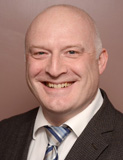
Allan Pacey
PhD, BSc, FRCOG h-index: 29
Professor of Andrology, Academic Unit of Reproductive and Developmental Medicine, University of Sheffield; Head of Andrology for Sheffield Teaching Hospitals, Sheffield, UK
Allan is Professor of Andrology at the University of Sheffield School of Medicine and Biomedical Science, Department of Human Metabolism and the Head of Andrology for Sheffield Teaching Hospitals. His research interests include understanding aspects of male infertility and this includes laboratory projects investigating the basic biology of human sperm to large epidemiological studies. He is currently the chairman of the Steering Group for the UK National External Quality Assurance Scheme for Andrology and the Editor in Chief of Human Fertility. He was until recently (until January 2015) the Chairman of the British Fertility Society and also served as BFS Secretary between 2005 – 2010. In addition to Science and Clinical Work, Allan is an accomplished broadcaster and regularly appears on the Today program and Woman’s Hour. Recent television programs include Britain’s Secret Code Breaker (2011), Donor Unknown (2011), The Great Sperm Race (2009), The Truth About Food (2007), Make me a Baby (2007) and Lab Rats (2004). You can follow his general musings about science, sperm, male fertility and the life of an academic at http://www.twitter.com/allanpacey. His University of Sheffield webpage is at http://www.shef.ac.uk/humanmetabolism/people/pacey.
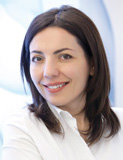
Alexia Chatziparasidou
M Clin Embryology, M Sc, BSc, ESHRE certified Senior Clinical Embryologist h-index: 4
Laboratory Director and founder of Embryolab, Thessaloniki, Greece; Co-founder Embryolab-Academy, Greece
Mrs. Alexia Chatziparasidou is a senior clinical embryologist with long experience of more than 30,000 IVF cycles. Her scientific interests focus mainly on the application of modern fertility preservation techniques. In 2007, Mrs Chatziparasidou completed her M Sc in Clinical Embryology with distinction at the University of Leeds, UK. Since 2007 she is actively involved in preimplantation genetic diagnosis and screening in couples at risk. In 2004, Mrs Chatziparasidou founded and has been the Director of Embryolab, a modern state of art assisted reproduction unit. Mrs Chatziparasidou is co-founder Embryolab-Academy.
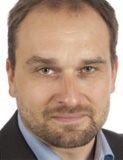
Dominic Stoop
PhD, MD, MRCOG, ESHRE board certified subspecialist in Reproductive Medicine and Surgery h-index: 8
Professor at the Free University of Brussels; Medical Director at the Centre for Reproductive Medicine, Free University of Brussels, Brussels, Belgium
Dominic Stoop took his medical degree in 2001 and completed his residency in Obstetrics and Gynecology at the Ghent University in Belgium. He then joined the Centre for Reproductive Medicine, Free University of Brussels, Brussels, Belgium. where he currently works as a Medical Director. He is an ESHRE board certified subspecialist in Reproductive Medicine and Surgery. His main clinical and research interests are vitrification of human oocytes and embryos. Dr. Stoop is in charge with the clinical management and research projects related to the oocyte donation program through egg banking. He also participated in research projects related to female fertility preservation, ovarian reserve testing and social freezing.
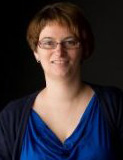
Ingrid Segers
PhD, M Sc, Bac Sc, Senior Clinical Embryologist h-index: 9
Senior Clinical Embryologist at the Centre for Reproductive Medicine, Free University of Brussels; Member Oncofertility Team, Free University of Brussels, Brussels, Belgium
Ingrid Segers started her career in reproductive biology in 2002 as a PhD student in the Follicle Biology Laboratory at the Free University of Brussels (Belgium). Research interests were the antral follicle phase, follicle culture, in vitro maturation and in vitro fertilization, cumulus-oocyte interactions, in the mouse animal model and in the human. In 2011, she made the transition to the fertility clinic and started as a clinical embryologist in the IVF laboratory of the Centre for Reproductive Medicine UZ Brussel Belgium. In her current position as embryologist, she is responsible for the laboratory activities of in vitro maturation and ovarian cortex cryopreservation. She is member of the multidisciplinary oncofertility team at UZ Brussel.
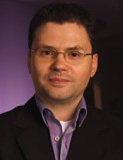
Juergen Liebermann
PhD, MSc, High-complexity Clinical Laboratory Director (ABB) h-index: 13
Director of the Embryology, Andrology and Endocrinology Laboratories at the Fertility Centers of Illinois, Chicago, USA
Juergen Liebermann is certified as a High-complexity Clinical Laboratory Director through the American Board of Bioanalysis, and Clinical Consultant (CC) in the disciplines of Embryology and Andrology. Juergen has been working in the field of IVF since 1995. He is the Director of the Embryology, Andrology and Endocrinology Laboratories at the Fertility Centers of Illinois in Chicago. Juergen obtained his graduate degree in Agricultural Biology in 1990 from the University of Hohenheim, Germany and received his doctoral degree in Agricultural Science in 1995 from the Technical University of Munich-Weihenstephan, Germany. His postdoctoral thesis in 2004 qualified him as a university lecturer in Experimental Reproductive Medicine at the Bavarian University of Wuerzburg, Germany. Juergen has authored numerous scientific papers and book chapters. He serves also as an ad hoc reviewer for various scientific publications, and presented on more than 130 lectures as an invited speaker nation- and worldwide. He is sitting on the Scientific Advisory Board of Sage/Origio and Vivere and on the Speaker Bureau of Irvine Scientific. Juergen serves as an inspector for the College of American Pathologists’ Reproductive Laboratory Accreditation Program, and as consultant at Ingenes in Mexico City, the largest IVF clinic in Mexico.
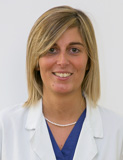
Roberta Maggiulli
PhD, MSc, Bac Sc, ESHRE certified Senior Clinical Embryologist h-index: 3
IVF Lab Supervisor, Senior Clinical Embryologist at GENERA Centres for Reproductive Medicine, Rom, Italy
Roberta Maggiulli has been working in the field of reproductive biology for over 10 years. She obtained her academic degrees in Biotechnology and her PhD in Clinical Biochemistry at the University of Parma, Italy. She has been a Research Associate at Weill Medica College of Cornell University, New York. Currently she is IVF Lab Supervisor at the Genera Center for Reproductive Medicine in Rome. She is co-author of several articles, reviews and chapters in books. Roberta is an ESHRE certified Senior Clinical Embryologist. Her current areas of interest include human embryo culture, study of the gamete, zygotes and embryos as well as their cryopreservation.
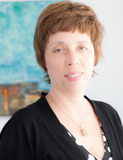
Martine Nijs
PhD, MSc, Bac Sc, ESHRE certified Senior Clinical Embryologist h-index: 21
Scientific Director, Nij Geertgen, Elsendorp, the Netherlands; ; Research and Development Consultant Embryolab, Thessaloniki, Greece ; Director and co-founder of Embryolab-Academy, Greece
Martine Nijs has been working in the field of reproductive biology for over 20 years; first as a senior clinical embryologist and later as IVF lab director. She obtained her PhD in Medical Sciences at the Free University of Brussels in Belgium. Martine is an ESHRE certified Senior Clinical Embryologist. Research as well as delivering high quality laboratory work has always been one of her passions. Martine authored and co-authored over 71 peer reviewed publications, five chapters in books and co-author. Martine has presented over a hundred lectures as an invited speaker at national and international meetings. She has been actively involved in organising international Meetings, Workshops and Hands-on workshops. Martine Nijs is member of the Editorial Board Faculty 1000 Research and ad hoc Board member of 9 international Journals in reproductive biology and fertility treatments. Martine is co-founder and Director of the Embryolab-Academy, Research and Development Consultant at Embryolab in Greece and currently Scientific Director at Nij Geertgen, a fertility Centre in the Netherlands.
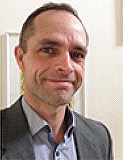
Mikkel Rosendahl
PhD, MD h-index: 13
OnkoGynaecologist, Copenhagen University Hospital – Rigshospitalet
Mikkel Rosendahl lives and works in Copenhagen, Denmark. He graduated from medical school in 2002; his main focus was on oncology and gynecological endocrinology. In 2009 Mikkel obtained his PhD with his work on fertility preservation in young female cancer patients, with a main focus on mechanisms of follicular depletion during chemotherapy, the auto transplantations of frozen/thawed ovarian tissue and techniques for cryopreservation. After finishing his training in obstetrics and gynecology, Mikkel has undertaken the ESGO-expert training program in Onko Gynaecology focusing on gynecological cancer and is among other things responsible for the surgical procedure during transplantation of frozen/thawed ovarian tissue.
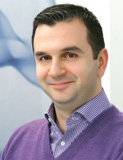
Nikos Christoforidis
MRCOG, DFFP, Gyn & Obstet, Fertility Specialist
Clinical Director of Embryolab, Thessaloniki, Greece; Co-founder Embryolab-Academy,Greece
Dr Nikos Christoforidis is a Consultant Obstetrician and Gynecologist with a subspesialisation in human reproduction and assisted reproduction techniques. He is member of the Royal College of Obstetricians and Gynecologists, since 2002. He has a special interest in polycystic ovarian syndrome and also in fertility preservation. He is the Clinical Director of Embryolab since 2004. Over the past few years he has supervised the implementation of evidence based guidelines in everyday medical practice and had a main contribution to quality assurance activities since the foundation of the unit. He has collaborated successfully with fellow physicians to produce patient friendly and highly effective ovarian stimulation protocols, with main emphasis on mild stimulation regimes. Dr. Nicholas Christoforidis is co-founder of Embryolab-Academy.
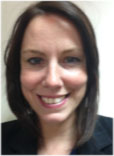
Jane Saxton
h-index: 3
Jessop Fertility, Sheffield, UK
Jane Saxton is Senior Embryologist at Jessop Fertility in Sheffield, UK and in 2006 practiced as a locum working in Sydney, Australia. She completed her PhD in Developmental Biology at the University of Warwick in 1999 and has published several papers including work on quality control and sperm DNA fragmentation. Jane has had an active role at Jessop Fertility for 14 years, during which time she was part of the team that designed and validated the UK’s first EUTCD compliant IVF laboratory. Her current interests include sperm/embryo cryopreservation and time lapse culture. Jane has presented work at conferences worldwide and lectures students on the MSc in Reproductive and Developmental Medicine in Sheffield. Jane is a member of the Obstetrics and Gynaecology International Journal editorial board and runs the independent website Embryonews.
Workshop Program – Theoretical Sessions
17 & 18 September 2015
| Program 17th of September 2015 – Morning Session | |
|---|---|
| Chair: Martine Nijs and Nikos Christoforidis | |
| 8:00 – 8:30 | Registration with coffee and tea |
| 8:30 – 8:40 | Welcome, by the Director of Embryolab Academy Martine Nijs, the Netherlands |
| 8:40 – 9:20 | Understanding the fundamentals of cryobiology Juergen Liebermann, USA |
| 9:20 – 10:00 | Oocyte cryopreservation: consistent and predictable laboratory and clinical outcomes are now achievable. Roberta Maggiulli, Italy |
| 10:00 – 10:40 | Indications for Oocyte cryostorage: donation, banking and social freezing: does it work? Dominic Stoop, Belgium |
| 10:40 – 11:00 | Coffee break |
| 11:00 – 11:40 | Indications for sperm cryopreservation: donation, banking, social freezing, fertility preservation: does it work? Allan Pacey & Jane Saxton, UK |
| 11:40 – 12:20 | Sperm cryopreservation: a new or a forgotten laboratory craft? ? Martine Nijs, the Netherlands |
| 12:20 – 13:15 | Lunch |
| Program 17th of September 2015 – Afternoon Session | |
|---|---|
| Chair: Dominic Stoop and Mikkel Rosendahl | |
| 13:15 – 13:55 | Embryo cryopreservation – is there room for both slow and vitrification methods in your cryopreservation program? Juergen Liebermann, USA |
| 13:55 – 14:35 | Oocyte and Embryo selection for freezing. Is it necessary? Roberta Maggiulli, Italy |
| 14:35 – 15:15 | Cryopreservation, a useful tool in a PGD program? Alexia Chatziparasidou, Greece |
| 15:15 – 15:45 | Coffee break |
| 15:45 – 16:15 | Cryopreservation-of-all strategies for oocytes and/or embryos: are cycle segmentation approaches feasible? Nikos Christoforidis, Greece |
| 16:15 – 16:45 | Cryopreservation as a specialised service in your unit: set up and management Martine Nijs, the Netherlands |
| 16:45 – 17:15 | Risk and risk management in your cryopreservation program Alexia Chatziparasidou, Greece |
| 17:15 – 17:45 | TQM in your cryopreservation program: validation, KPI’s, IQA and EQA Jane Saxton, UK |
| 19:30 | Workshop Reception and Dinner |
| Program 18th of September 2015 – Morning Session | |
|---|---|
| Chair: Alexia Chatziparasidou and Juergen Liebermann | |
| 8:45 – 9:15 | Fertility preservation in patients with malignant diseases: how to implement a safe and successful clinical program in your practice Mikkel Rosendahl, Denmark |
| 9:15 – 9:55 | Ovarian tissue cryopreservation: all the ins and outs for the lab. Ingrid Segers, Belgium |
| 9:55 – 10:35 | The continuous dialogue between patient, clinic and laboratory for replacement of cryopreserved gametes/embryos: a practical approach. Nikos Christoforidis, Greece |
| 10:35 – 11:00 | Coffee break |
| 11:00 – 11:40 | Is cryopreservation of oocytes, sperm and embryos efficient and safe? How to measure? Dominic Stoop, Belgium |
| 11:40 – 12:30 | Successes and pitfalls in cryopreservation. Martine Nijs, the Netherlands |
| 12:30 – 13:30 | Lunch |
| Program 18th of September 2015 – Afternoon Brains-on session ‘Bring your troubles to us and we will ’shoot’ them!’ |
|
|---|---|
| Chair: All invited speakers will take part of the expert panels | |
| 13:30 – 16:30 Including coffee break |
In the ‘Brains-on’ sessions’ delegates are invited to present a specific problem/trouble/issue they have or are encountering with cryopreservation in their clinic or laboratory as a Mini Poster. In this break-out session, the expert team and the participants will investigate the problem/trouble/issue presented and will design a route for solving and preventing this (or other) problems in the future. |
| 16:30 – 17:00 | Summary of ‘Brains-on’ session |
| 17:00 | Closure of workshop and Farewell drink |
Possible Topics are
- Since the last two days I am observing high rates of degeneration after thawing. How to find the cause?
- I want to start using a new type of carrier for vitrification. How do I validate them?
- We are moving to a clean room setting with our IVF laboratories. What about the cryopreservation lab? How do I validate this? What do I need to test?
- I am a gynecologist and how do I counsel my patient on different freezing strategies?
- I think that one my embryologists is performing poorly in the cryolab? How do I test in an objective way?
- We tranported frozen semen of a HepC positive patient in our dryshipper. Can I use the dry shipper for transport of other samples or do I need to clean it first? Is this a non conformity?
Optional ‘Hands-on Workshop’ in
cryopreservation laboratory techniques
During this one day Hands-on Workshop, special emphasis will be given on Hands-on practice and demonstration of
- Cryopreservation of ejaculate and testicular sperm
- Vitrification of oocytes, embryos and blastocysts
- Cryopreservation of ovarian tissue
under supervision of the expert teachers.
|
Cryopreservation of ejaculate and testicular sperm
|
|
Cryopreservation of ovarian tissue
|
|
Vitrification of oocytes, embryos and blastocyst
|
Demonstration and training of different methods will be available: closed carriers, single straw closed carriers, straw-in straw closed carriers.
In order to have maximum benefit of the Hands-on workshop, we have limited the number of delegates in the Hands-on Workshop to 30.
Three groups of 10 participants each will follow a rota of workshops.
| ‘Hands-on’ Workshop Schedule 19.09.2015 |
|||
|---|---|---|---|
| Session A | Group 1 | Group 2 | Group 3 |
| 9:00 – 11:30 | Cryopreservation of ejaculate and testicular sperm | Cryopreseration of ovarian tissue | Vitrification of oocytes, embryos and blastocyst |
| 11:30 – 12:30 | Lunch & Group picture | ||
| Session B | Group 1 | Group 2 | Group 3 |
| 12:30 – 15:00 | Cryopreservation of ejaculate and testicular sperm | Cryopreseration of ovarian tissue | Vitrification of oocytes, embryos and blastocyst |
| 15:00 – 15:30 | Coffee Break | ||
| Session C | Group 1 | Group 2 | Group 3 |
| 15:30 – 17:00 | Cryopreservation of ejaculate and testicular sperm | Cryopreseration of ovarian tissue | Vitrification of oocytes, embryos and blastocyst |
| 18:00 – 18:15 | Summary of Hands-on Workshop Fare well drink |
||
Accreditation
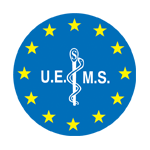
Accreditation was obtained from the The European Accreditation Council for Continuing Medical Education (EACCME). The EACCME is an institution of the European Union of Medical Specialists (UEMS). The Embryolab Academy CRYO Workshop was granted 18 European CME credits (ECMEC).
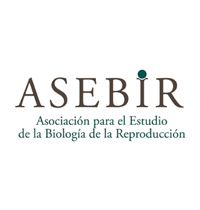
The Embryolab Academy Workshop is under the auspices of ASEBIR
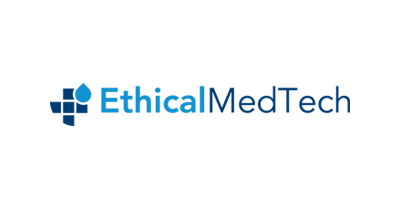
Ethical Med Tech assessment concluded that the Embryolab Academy Cryo Workshop is: COMPLIANT
To visit the Ethical Med Tech website, please click here
Certificate of attendance
A Certificate of attendance will be awarded to the delegates after attending the full workshop program. After completing the on-line evaluation form of the workshop, all certificates can be downloaded.
Cryo Workshop Venue
Makedonia Palace Hotel
2, Megalou Alexandrou Avenue, 546 40, Thessaloniki, Greece
Tel: (+30) 2310 897197
Fax: (+30) 2310 897211
www.makedoniapalace.com
‘Hands-on’ Workshop Venue
Embryolab Academy
At Embryolab
173-175 Ethnikis Antistaseos, 551 34 Kalamaria, Thessaloniki, Greece
Tel: (+30) 2310 897197
Fax: (+30) 2310 897211
www.embryolab-academy.org
info@embryolab-academy.org
Accommodation
Makedonia Palace Hotel
2, Megalou Alexandrou Avenue, 546 40, Thessaloniki, Greece
Tel: (+30) 2310 897197
Fax: (+30) 2310 897211
www.makedoniapalace.com
‘Brains-on’ session with Mini posters
In the ‘Brains-on’ sessions’ delegates are invited to present a specific problem/trouble/issue they have or are encountering with cryopreservation in their clinic or laboratory as a Mini Poster.
After registration, participants will receive an invitation with instructions for the preparation of their Mini Poster.
Deadline for Mini-Poster submission is 25th of August 2015.
Workshop Secretariat
Embryolab Academy
At Embryolab
173-175 Ethnikis Antistaseos, 551 34 Kalamaria, Thessaloniki, Greece
www.embryolab-academy.org
info@embryolab-academy.org
Workshop Venue
Makedonia Palace Hotel
2, Megalou Alexandrou Avenue, 546 40, Thessaloniki, Greece
Tel: (+30) 2310 897197
Fax: (+30) 2310 897211
www.makedoniapalace.com
‘Hands-on’ Workshop Venue
Embryolab Academy
At Embryolab
173-175 Ethnikis Antistaseos, 551 34 Kalamaria, Thessaloniki, Greece
Tel: (+30) 2310 897197
Fax: (+30) 2310 897211
www.embryolab-academy.org
info@embryolab-academy.org
Workshop language
The official language of the Workshop is English.
Thessaloniki

Thessaloniki is the second-largest city in Greece and the capital of the region of Central Macedonia. Greece’s second major economic, industrial, commercial and political centre, and a major transportation hub for the rest of southeastern Europe. The city is renowned for its festivals, events and vibrant cultural life in general, and is considered to be Greece’s cultural capital
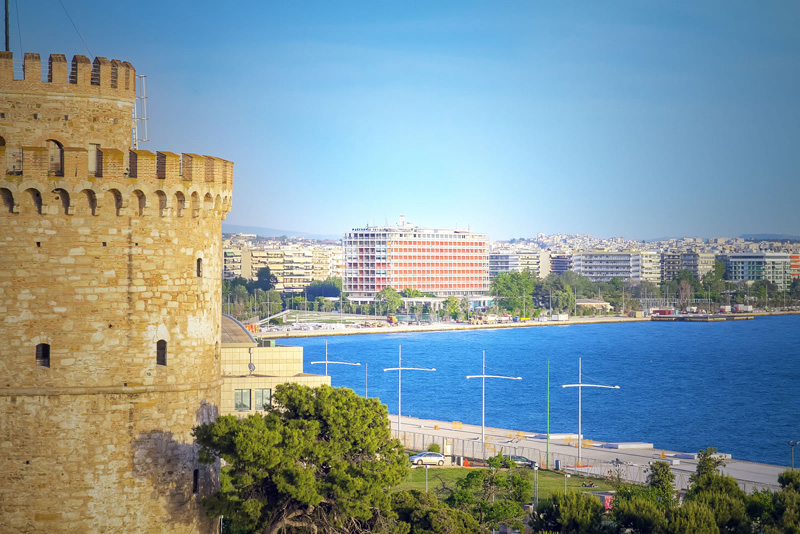
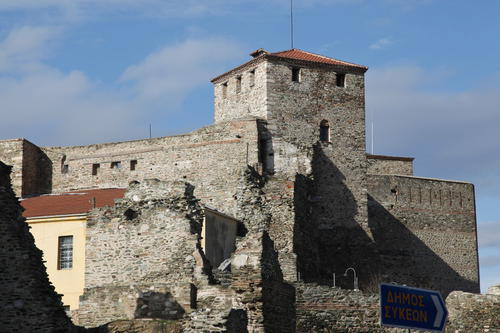
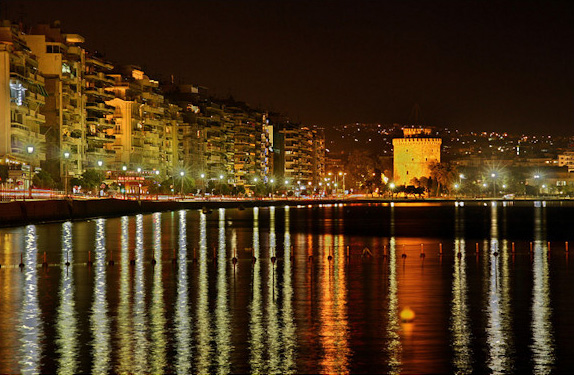
Climate
Even though it may be autumn, temperatures rarely go below 16 degrees Celsius and the daily average floats around a comfortable 21 degrees Celsius (16° – 27°C).
Liability
The Workshop secretariat and organiser cannot assume liability for personal accidents, loss of or damage to private property of participants, either during, or directly arising from the Workshop. Participants should make their own arrangements with respect to health and travel insurance. Embryolab academy cannot be held accountable for cancellation of participation because of air strikes or serious adverse events.
Time zone
The time zone in Greece is Eastern Europe Time Zone : UTC/GMT +2 hours.
Dress Code
Dress code for the Cryo Workshop and ‘Hands-on’ Workshop is business casual.
Visas
International participants to the Workshop may require visas in order to Greece. Participants are requested to check with their consulate or diplomatic mission in their home country or with their travel agency for visa requirements. It is the responsibility of the participant to obtain a visa if required.
Letter of Invitation
Upon request, the Secretariat of the Workshop will send a personal invitation to participants. This invitation is meant only to help visitors to raise travel funds or to obtain a visa, and is not a commitment on the part of the organisers to provide any financial support. The letter of invitation can only be send when payment of registration fee is completed.
Travel to Thessaloniki, to the Makedonia Palace Hotel
Direct flights are available to the Makedonia airport of Thessaloniki in Greece from Vienna, Rome, Frankfurt, Düsseldorf, Munich, Stuttgart, Belgrade, Bucharest, London and Moscow.
Makedonia Airport 13 km
Taxis can be easily found outside the airport arrival hall. It will take about 20 minutes to arrive from the airport to the Makedonia Palace hotel. The price for a single taxi journey is around 20-30 Euro.
You can find information for pre-booking your taxi here: TAXIWAY.
By car: Follow Georgikis Scholis Avenue towards west. At some point, its name changes to Ethnikis Antistaseos, Vas. Olgas Avenue and then Vas. Georgiou Avenue. At the stop lights of City Hall of Thessaloniki, the left turn will lead you to Meg. Alexandrou Ave, after approx. 400 m the hotel is on your right.
By bus: Faliro bus stop of line 78 (Airport – Bus Station) is less than 150 m away from the hotel.
Train Station 4 km
By car: follow Monastiriou street towards east, and right after Dimokratias square take a right to Dodekanisou street (Salaminos street at a later point) to reach the entrance of the Port’s Passenger Terminal entrance. Take a left to Kountouriotou street (Nikis Ave at a later point) until you reach the White Tower. Follow Meg. Alexandrou Ave, and after approx. 400 m the hotel is on your right.
By bus: Faliro bus stop of line 8 (New Train Station – IKEA East Terminal Station) is less than 150 m away from the hotel.
Port Passenger Terminal 4 km
By car: follow Kountouriotou street (Nikis Ave at a later point) towards west, until reaching the White Tower. Follow Meg. Alexandrou Ave, and after approx. 400 m the hotel is on your right.
By bus: Faliro bus stop of line 8 (New Train Station – IKEA East Terminal Station) is less than 150 m away from the hotel.
Car parking
Car parking with limited number of parking places next to the hotel is free of charge.
Workshop language
The official language of the Workshop is English.
Thessaloniki
Registration and Fees
Online registration can only be done through the Embryolab Academy Website
Fees are to be paid by credit card. A credit card authorisation form will be emailed to you automatically after your registration. Please fill in the credit card authorisation form and mail it to info@embryolab-academy.org . Please notify your bank that your Credit Card will be charged by Embryolab Academy in Greece.
Please not that only after receipt of your payment, your participation can be guaranteed in the Cryo Workshop and/or Hands-on Workshop. Registration is based on a ‘first come first serve basis’. Number of delegates in the two day Cryo Workshop sessions is limited to 100. The number of delegates in the Hands-on Workshop is limited to 30.
| CRYO Workshop 17-18.09 2015 |
Optional ‘Hands-on’ Workshop 19.09.2015 |
|
|---|---|---|
| Maximum of 100 participants | Maximum of 30 participants | |
| Early Bird registration before 5th of August 2015 |
500 Euro | 450 Euro |
| Normal registration rate as of 6th of August 2015 |
550 Euro | 500 Euro |
| Accompanying person | 50 Euro | – |
| Combi -registration Cryo Workshop and Hands-on Workshop | ||
| Combi Early Bird registration before 5th of August 2015 | 900 Euro | |
| Combi Normal registration rate as of 6th of August 2015 | 1000 Euro | |
| Registration includes |
|
|
| Returning Embryolab Academy participants are offered a 30 Euro discount on the total registration fee. | ||
Accompanying person
An accompanying person can be registered for 50 Euro fee. The accompanying person is entitled to attend the Workshop reception and dinner and the Farewell drink. The accompanying person is not entitled to attend the CRYO Workshop lecture sessions.
Cancellation fees
All cancellations must be e-mailed. Refund of registration fees will be the as follows:
- Until 1st of August: 100% refund (minus 50 Euro administration cost)
- After 1st of August: no refund on cancellations
Accommodation
Registration fee does not include accommodation.
Because September is still a busy season for Thessaloniki, we have pre-reserved several rooms at the Cryo Workshop Venue Makedonia Palace Hotel, a 5 star hotel well on the sea side promenade.

Makedonia Palace Hotel, 2, Megalou Alexandrou Avenue, 546 40, Thessaloniki, Greece
Tel: (+30) 2310 897197 Fax: (+30) 2310 897211, www.makedoniapalace.com
- City View room for single use 100 € per room, per night
- City View room for double use 110 € per room, per night
- Sea View room for single use 110 € per room, per night
- Sea View room for double use 120 € per room, per night
Please book your accommodation at the Makedonia palace Hotel directly using this link
We have pre-reserved several rooms at the City Hotel as well, a 4 star hotel well located in the city center, near the sea side promenade (Komninon 11, Thessaloniki 54624). The City hotel is within 20 minutes walking distance from the Makedonia Palace hotel.
- Rooms for single use – inner view – 70 € / room/ night
- Rooms for double use – inner view – 80 € / room/ night
- Rooms for single use – city view – 80 € / room/ night
- Rooms for double use – city view – 90 € / room/ night
Please book your accommodation at the City Hotel using this registration form: City Hotel booking
Sponsors
Embryolab Academy is grateful to the following sponsors from the industry:

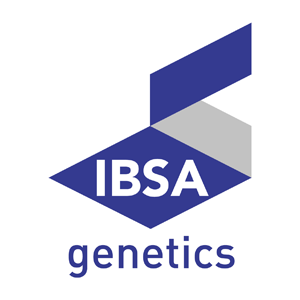
Embryolab Academy is grateful to the following sponsors from the industry for performing Hands-on demonstrations during the Hands-on Workshop
